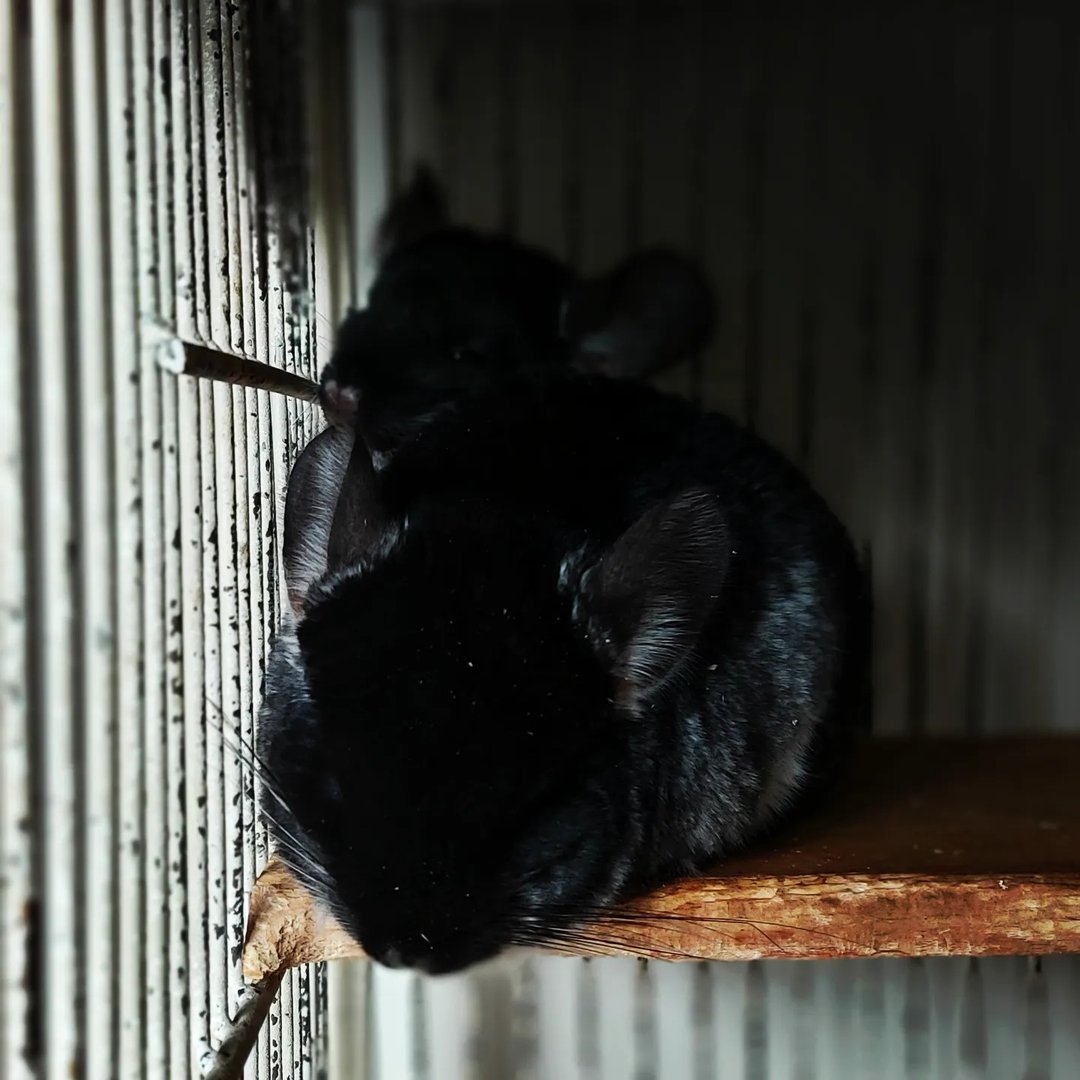Tools: VSCode | Source Code: GitHub
The "Underwater Exploration" program is designed to simulate an adventure through three different ocean zones: the Sunlit Zone, Twilight Zone, and Midnight Zone. Players navigate through these zones, attempting to collect treasure while encountering various hazards that affect their health. The objective of the game is to collect five treasures without losing all health points, which start at three.
The game begins by asking the player if they want to dive into the ocean. If the player agrees, the program uses the `navigate()` method to randomly select one of the three ocean zones. Each zone has unique characteristics, such as depth, average temperature, and main marine species, which are displayed to the player. In addition, a warning is issued regarding the danger level of the zone, with the Midnight Zone being the most dangerous.
Once the player is in an ocean zone, they are given the choice to attempt to collect treasure. The outcome of this attempt is determined randomly. If the player is successful, they collect a treasure from a predefined list, and their treasure point count increases by one. If the attempt is unsuccessful, the player encounters a hazard, such as a jellyfish sting or a squid attack, which decreases their health points by one. These hazards are also randomly selected from a hazard list.
The game ends if the player's health points reach zero, causing them to lose the game. If this happens, their score is saved, and they are given the option to restart the game with their health and treasure points reset. Alternatively, if the player successfully collects five treasures, they are able to safely return to the surface, ending the game with victory.
The program introduces several important Java concepts. Random selection is implemented using `Math.random()`, which is used to determine which ocean zone the player navigates to and whether they collect treasure or face a hazard. This adds unpredictability to the game, enhancing the player's experience. User input is handled using the `Scanner` class, allowing the player to make decisions throughout the game, such as whether to dive, navigate, or attempt to collect treasure.
The game also makes use of `ArrayList` to store treasures, hazards, and player scores. The dynamic nature of `ArrayList` allows for flexible storage and access to game elements, such as treasure descriptions or hazards. Specific items in the list are accessed using the `get()` method, and new elements are added using the `add()` method. The program’s flow is controlled using conditional logic and loops. `If-else` statements are used to evaluate the player's decisions and game conditions, while nested loops ensure the game continues to prompt the player for choices as long as their health is above zero and their treasure count is less than five.
Managing health and treasure is central to the game. The player’s health is reduced by one point whenever they encounter a hazard, but a method ensures that health doesn’t drop below zero. The player’s treasure count increases as they collect treasures, and the game keeps track of both of these variables to determine when the game ends—either by death or by success. This project involved learning how to handle real-time user input, randomness, conditional logic, and working with arrays and lists in Java, all of which are important concepts for creating interactive programs.

